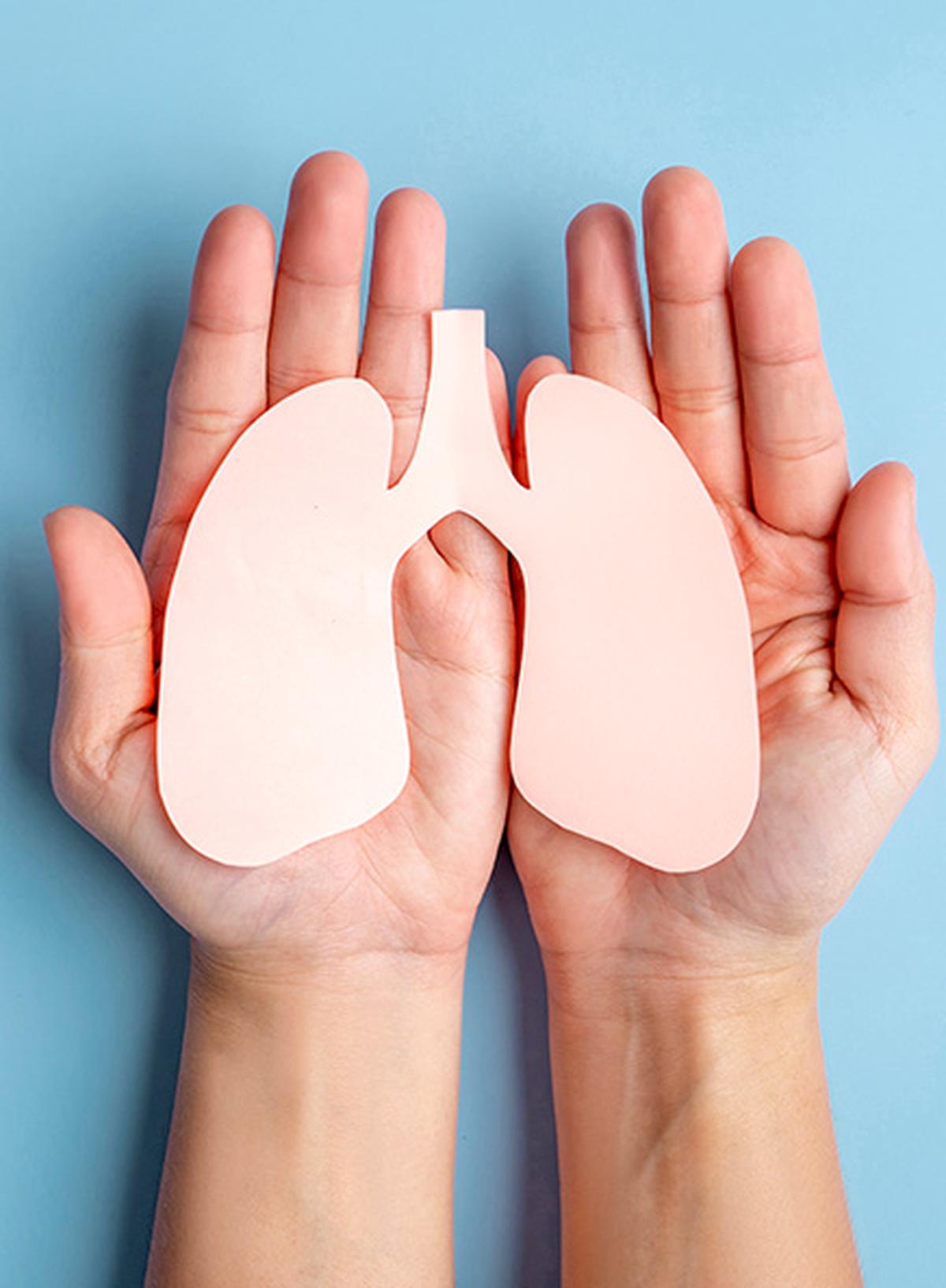
Lung cancer remains one of the most common and lethal cancers worldwide, responsible for approximately one in five cancer-related deaths. Image used for representational purposes only
| Photo Credit: Getty Images
World Lung Cancer Day is observed annually on August 1 across the globe. The day was first established in 2012, through the efforts of the Forum of International Respiratory Societies (FIRS) and the International Association for the Study of Lung Cancer (IASLC). This global initiative is mainly aimed at raising awareness and educating people about cancer affecting the lung, it’s devastating impact on human life and the importance of preventive measures, early detection, and treatments. It also seeks to combat the stigma often associated with the illness.
A global health challenge
Lung cancer remains one of the most common and lethal cancers worldwide, responsible for approximately one in five cancer-related deaths. According to recent health data, over 2 million people are diagnosed each year, and more than 1.8 million lose their lives to the disease. Unfortunately, a significant number of cases are not detected at an early stage, allowing it to progress to an advanced stage with limited and less effective treatment options. This late diagnosis is often due to a lack of public awareness about the risk factors, symptoms and the disease itself.
World Lung Cancer Day helps us bridge these gaps in knowledge, underscore the importance of early detection and diagnosis, and create awareness and understanding of the disease.

What causes lung cancer?
Tobacco smoking remains the leading cause of lung cancer. The risk increases with both the intensity and duration of smoking. In addition to lung cancer, smoking also contributes to stroke, heart disease, other chronic lung diseases and blocks in the blood vessels of the body. Smoking damages the inner lining cells of the air passages to the lungs, leading to changes that develop into cancer over time.
However, non smokers are not immune either. Several other risk factors can contribute to the development of lung cancer including second hand smoke exposure also known as passive smoking, radon gas and asbestos exposure, air pollution in cities and industrial areas, occupational hazards (such as exposure to construction, mining or manufacturing industries) and genetic predisposition in people with a family history of lung cancer. Hence environmental health is also a crucial issue in the battle against this disease.

Early detection saves lives
One of the greatest challenges with lung cancer is its asymptomatic nature in early stages. Often, symptoms do not appear until the disease has already progressed to an advanced stage. If diagnosed at an early stage the chances of successful treatment improve significantly.
So what are the symptoms one should be aware of? Symptoms to watch for include: chest pain, a persistent cough, unexplained weight loss, breathing difficulties, tiredness, coughing up blood, and fatigue. CT scans are currently the most effective mode of early detection. Experts emphasise the importance of routine screenings – especially for high-risk individuals, such as long term smokers above the age of 50 years or those with a family history of the disease.
Treatment options
Treatment of lung cancer is based on the type of cancer, stage or grade of the cancer and overall medical condition of the patient. Treatment options include chemotherapy, radiation therapy, removal of the tumour by surgery, immunotherapy to hike the immune response against cancer and targeted therapy that specifically targets the cancer cells blocking their ability to grow and spread.
Steps towards prevention
Health professionals stress the importance of quitting smoking, avoiding second-hand smoke, wearing protective gear when working around hazardous materials and advocating for cleaner air and healthier environments. We need stringent anti-tobacco policies to curb its use in the public.
Public awareness campaigns, screening programmes and social media initiatives on World Lung Cancer Day have played a crucial role in identifying cases early and improving survival rates
Call for support and research
On this day, individuals and organisations are encouraged to support lung cancer research and patient care efforts. Donations help fund advancements in early detection, targeted therapy and immunotherapy – treatments that are giving new hope to patients every day.
(Dr. Ray George is with the department of cardiovascular and thoracic surgery, Naruvi Hospitals, Vellore. ray.g@naruvihospitals.com)
Published – August 02, 2025 11:50 am IST
















Leave a Reply